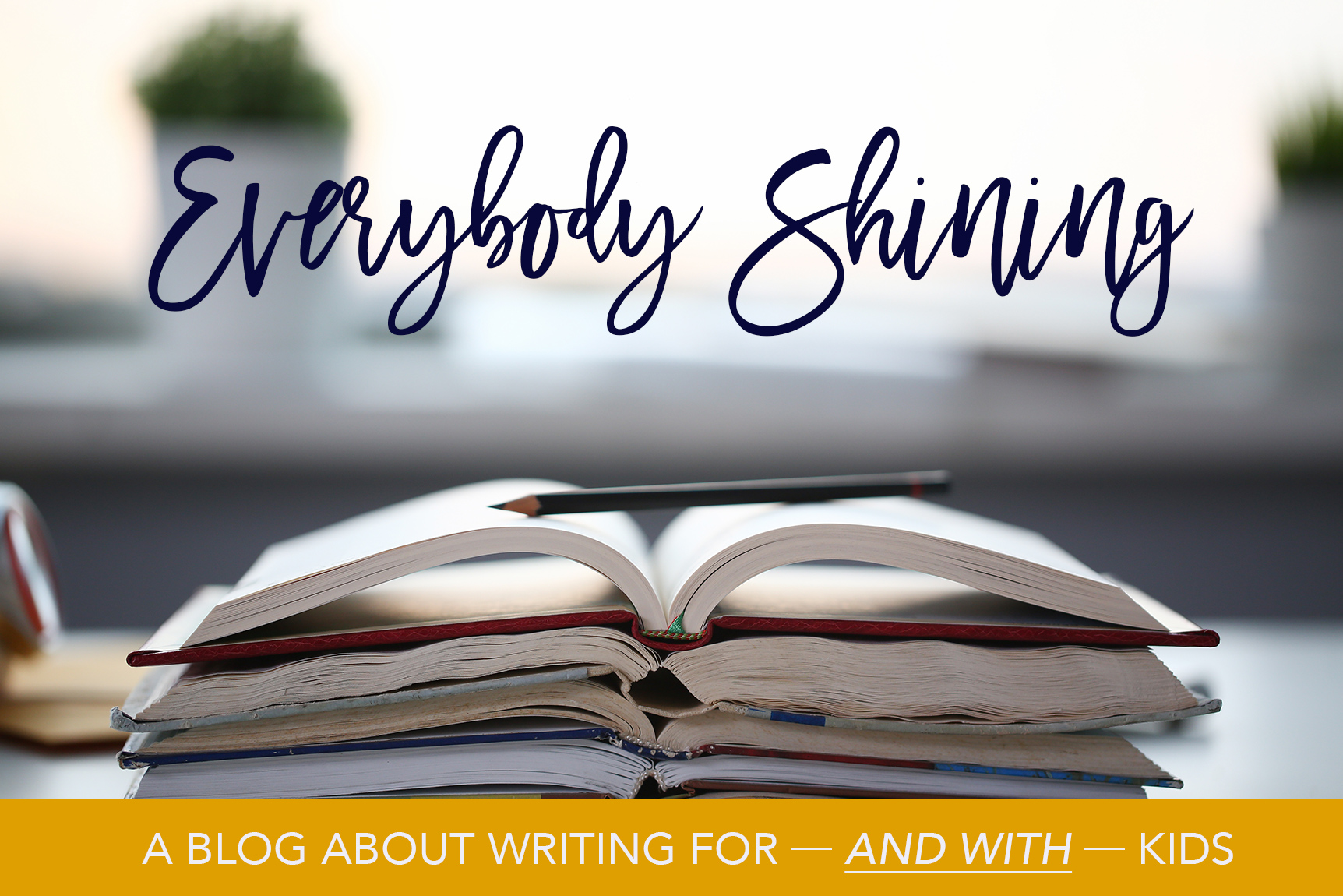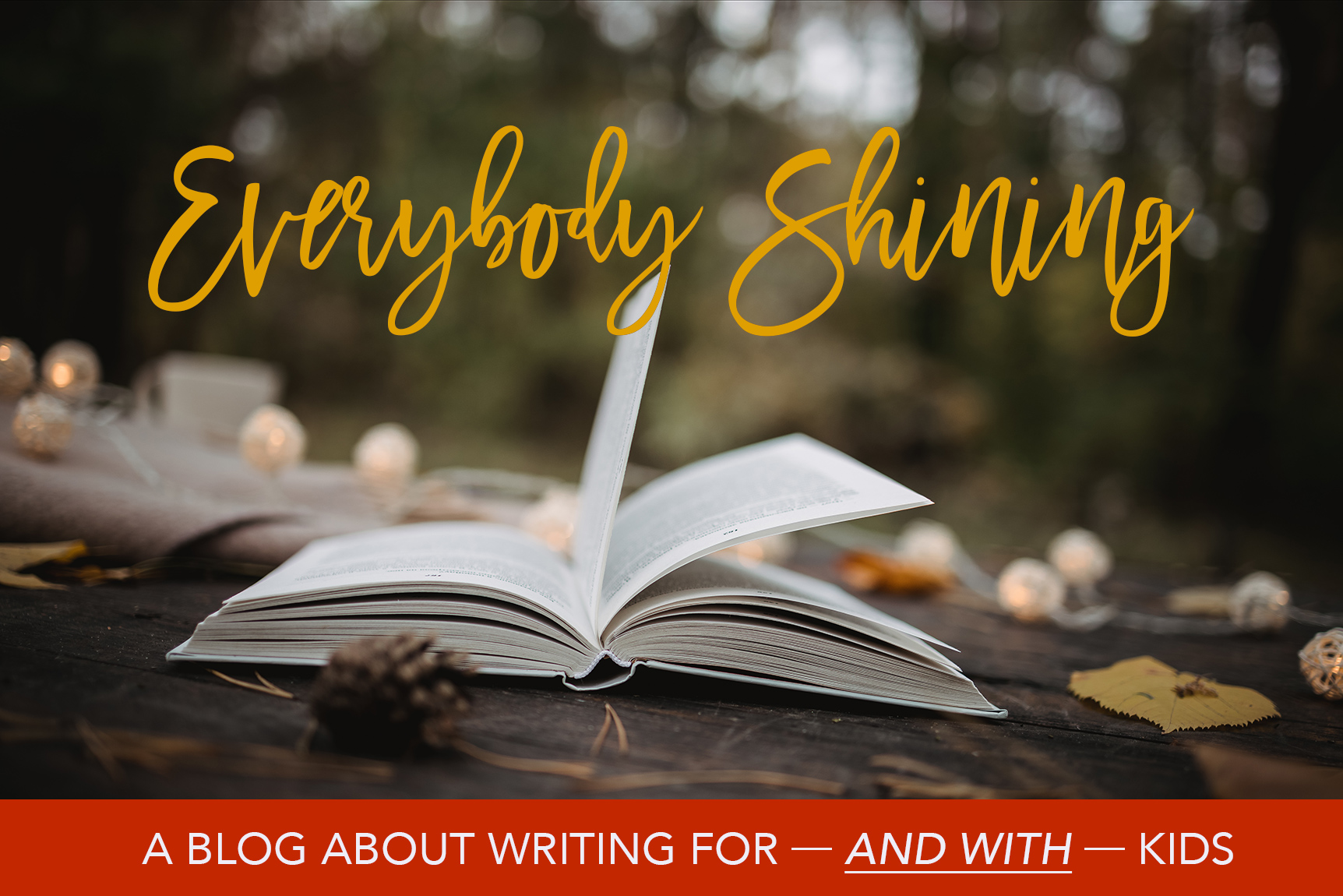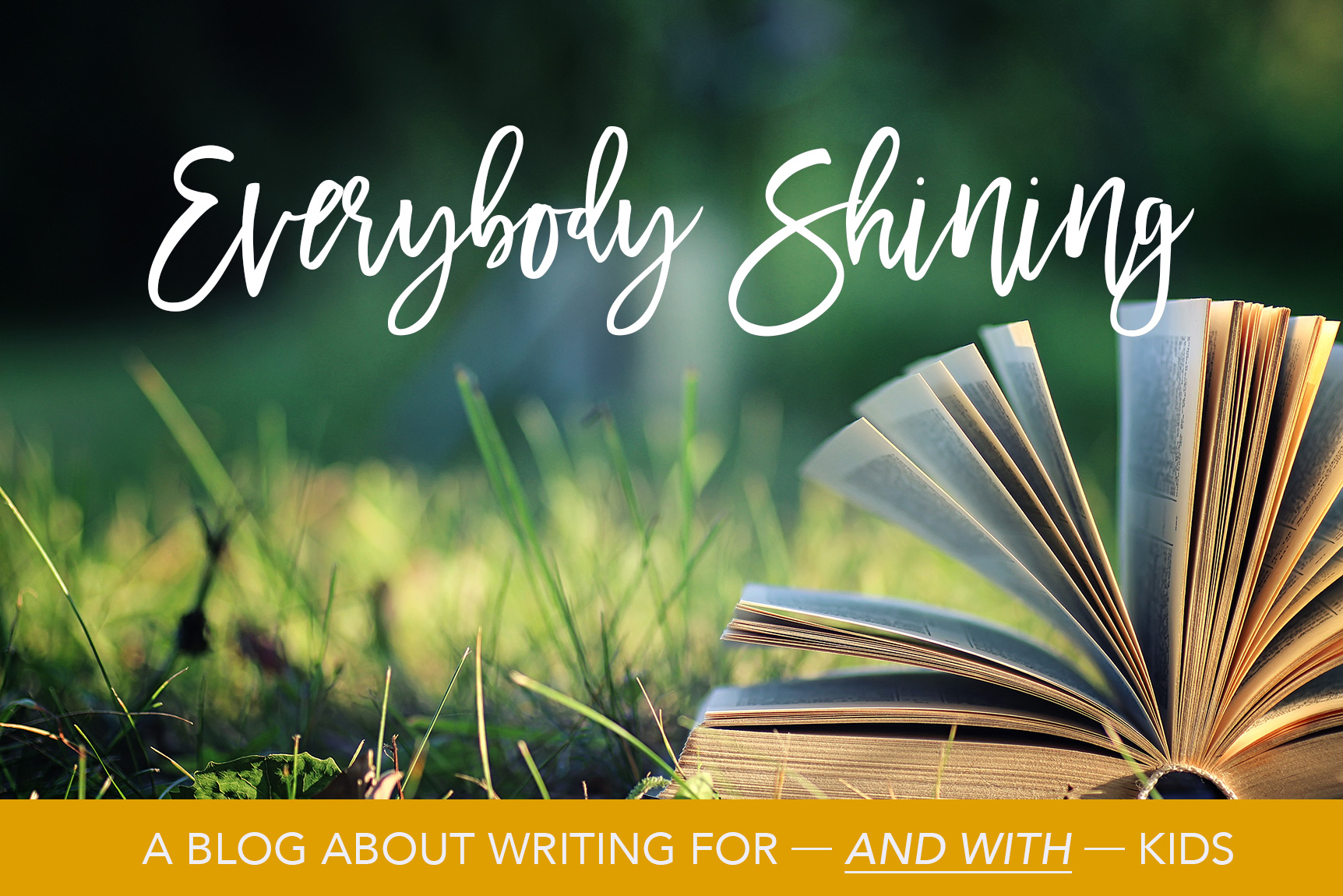When I’m talking about writing during a school visit, I ask the teachers to close their eyes so I can take a quick poll of the assembled students: How many of you love to write? I ask. How many of you hate to write? How many of you feel like it depends on what you’re being asked to write?
As you might guess, the majority of hands go up at the last question. In fact, a lot of the kids who raised their hands when I asked who hated to write change their minds and join the “it depends” group. Still, there are still a few who don’t budge. They hate to write and that’s all there is to it.
What’s a teacher—or a parent—to do?
Let’s stipulate that the students who say they hate to write don’t have learning disabilities or struggle with writing because English is their second language. The kids we’re discussing are students who are fluent in English and do well (or well enough) in their classes, but when it comes to writing they struggle. Let’s call them reluctant writers.
If you ask reluctant writers why they don’t like to write, here’s what you’ll hear:
It’s boring.
I can never think of anything to say.
I’m terrible at it.
It’s boring.
They’ve got a point. Writing can be boring—especially if you have a hard time coming up with ideas and feel frustrated when your drafts come out sounding dumb. So how do reluctant writers get past their boredom and frustration and become, if not enthusiastic writers, then at least less resistant ones?
Here are a few suggestions I share with reluctant writers. Maybe they’ll work for yours.
- Write for Ten Minutes a Day
Write every day for ten minutes, even if all you do is write, I hate to write this is boring I hate to write this is boring for the entire time. I don’t care. Because eventually you’ll get bored with writing about how bored you are. Instead, you’ll start writing about the NFL draft or where you’d like to go on vacation or something weird you saw at school. It might take you a few days to become this bored, but you’ll get there.
The reason I recommend these daily ten-minute free writes is because they help conquer the fear of the blank page, where you look at that snowy vastness and think, How on earth can I fill this up? Turns out that you can fill it up with any old words at all, and once you get used to doing that on a regular basis, it de-traumatizes the situation, especially if the words don’t have to be interesting or well-chosen or any of that boring stuff. Dude, they’re just words.
- Get in the Practice of Pre-writing
As a student, I always found pre-writing reduced my anxiety when it came to writing papers and essays. If I had to write about the female characters in The Great Gatsby, I’d make a list and write whatever came to mind about each character, and then I’d flip through the book and make a list of different scenes these characters were in. Pretty basic stuff, but it made me feel proactive, and it was a good way to warm up. Next, I’d go over my class notes and copy anything connected to my topic, so that within a short period of time, I’d have generated several pages of pre-writing.
Pre-writing is an easy way to get a paper started, and it helps you get some words on the page. It’s also writing that doesn’t have to be perfect or even good. It’s penalty-free writing! You can brainstorm what your major points will be without worrying if they’re good or not. You’re just coming up with ideas. Exploring. And when you’re done, you’ll have a lot of stuff you can shape into a rough draft.
- Speaking of Drafts, Give Yourself Enough Time to Write at Least Two, Maybe More
Okay, so most people who don’t like to write really hate revising. But revising is the name of the game, my friends. Besides, knowing you’re going to have revise a piece of writing at least once, maybe three times, is a great way to slay that constant enemy, Perfectionism. You can write a cruddy first draft, get some feedback, and write a slightly less cruddy second draft. Maybe even a good second draft! Your third draft? Golden! Or a slightly-tarnished silver. That works, too.
As you might have picked up on by now, I’m all about reducing writer’s anxiety. If you think you’ve got to get a paper or story exactly right your first time out, of course you’re going to be anxious. If you know you’ve got a few warm-up shots before you have to step up to the line for real, you can relax. You want to get the most out of your practice, but nothing’s lost if you hit the rim. Speaking of basketball …
- Think of Writing as a Sport You’re Not that Great At (Yet)
Maybe you’re really good at soccer. Maybe you’re the second fastest runner in your class. But when you do basketball in P.E., you stink up the joint. Lay-ups are beyond your abilities; you haven’t hit a free throw in two years. Whenever your teacher announces that you’re about to do a three-week basketball unit, you wonder if you could conveniently get a case of pneumonia—for three weeks. On top of all that, your best friends have suddenly decided that basketball is the only game worth playing. So if you don’t get with the program, you’re going to get left out.
Here’s what you do in a situation like this: You start watching YouTube videos on how to play basketball and check out every book at the library about basic basketball skills. You ask somebody who’s good at the game to give you tips. And you practice. You practice, practice, practice.
Will you become a great basketball player in a couple of weeks? Nope. But the more you practice, the better you’ll get, and you might even get good after a long stretch of working at it every day. Greatness may come; it might not. The goal is to get good enough to enjoy yourself. To be comfortable on the court. To make a dang free throw for once.
It’s the same with writing. You may not be that interested in writing, but you find yourself in a situation where you have to write a lot. Let’s call that situation school. If you approach writing like a sport, you really will get better at it. It really will get easier. Learn, practice, find a coach, make an effort every day.
You’ve got this.







